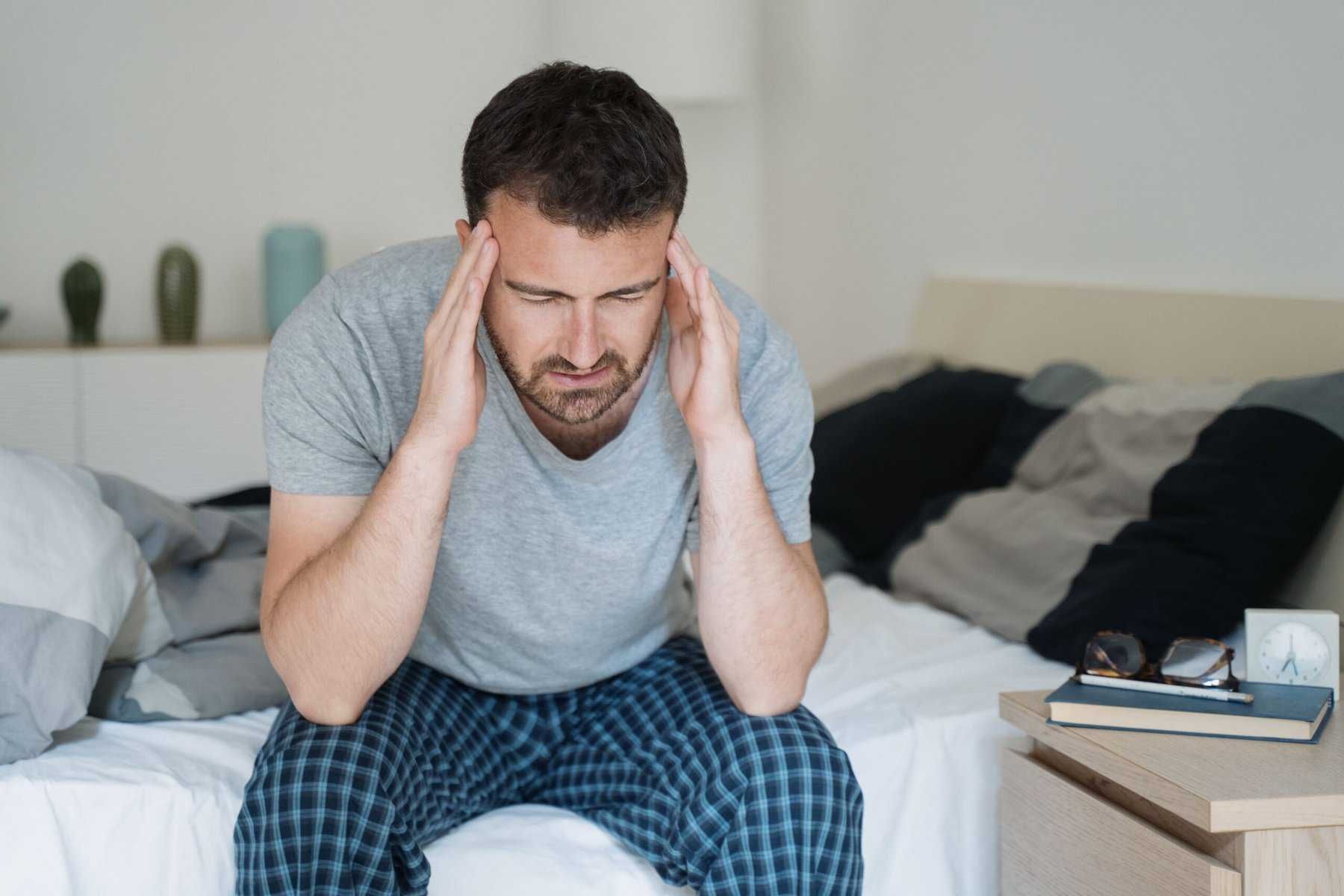Bipolar Myths You Need To Kick To The Curb
Bipolar disorder is one of the most common co-occurring disorders with addiction. As with most mental illnesses, there are myths about bipolar which are damaging. Bipolar myths can get in the way of someone seeking the treatment they need to heal and recover.
People With Bipolar Are “Crazy”
The “crazy” stigma of mental illness is thankfully becoming old and tired. When we characterize bipolar disorder as “crazy” we are often imagining it in its most extreme form, with extremely manic highs and dangerously depressive lows, as if someone with bipolar were two distinct people. Bipolar disorder is not the same thing as multiple personality disorder, dissociative identity disorder, or any kind of schizophrenia. Bipolar disorder is a mood disorder, not a personality disorder. People can experience extreme forms of bipolar disorder, but mild forms of bipolar disorder with subtle symptoms are much more common than this harmful stereotype. Mild depression with intense mania, mild mania with intense depression- there are many combinations of bipolar with which people live. Living with a mental health diagnosis like bipolar disorder does not make someone ‘crazy’. ‘Crazy’ is a term we need to kick to the curb in 2018.
If Your Mood Changes, You’re Bipolar
Everyone who does not suffer from a psychotic disorder is prone to mood changes. Depression, for example, is a natural part of the grief process and a natural reaction to life. People are prone to be manic every now and then, running on high energy. Many of the symptoms of bipolar disorder are symptoms that people experience in their everyday life. People even have extreme mood swings- for example, women tend to have more severe mood swings around the time of their menstrual cycle, and everyone can have intense mood swings when they are stressed or exhausted. Unfortunately, the myth of bipolar disorder perpetuates a stigma that any kind of mood change means you’re “bipolar”.
Bipolar Disorder Can’t Be Treated
Bipolar disorder can be treated and treated successfully with proper intervention. Assessment is key in determining the nuances of someone’s bipolar, as well as addressing any comorbid issues like an addiction or another mental health issue. Medications are typically prescribed to help stabilize mood swings toward a more normalized equilibrium. Regular therapy can help an individual discover their triggers for mood changes, warning signs of mood changes, and develop strategies for coping with mood changes. Like with any mental illness, there is no cure for bipolar disorder. There are, however, many treatments which are proven to reduce symptoms of bipolar and allow people in recovery to leave peacefully.
The best move to make for recovery from drug abuse is the quickest move by calling and asking for help immediately. Recovery is possible and healing will take place in mind, body, and spirit. Enlightened Recovery Solutions offers a holistic based, 12-step inspired, clinically proven program for alcoholism and co-occurring disorders. Call (844) 234-LIVE today for information on our partial care programs.



